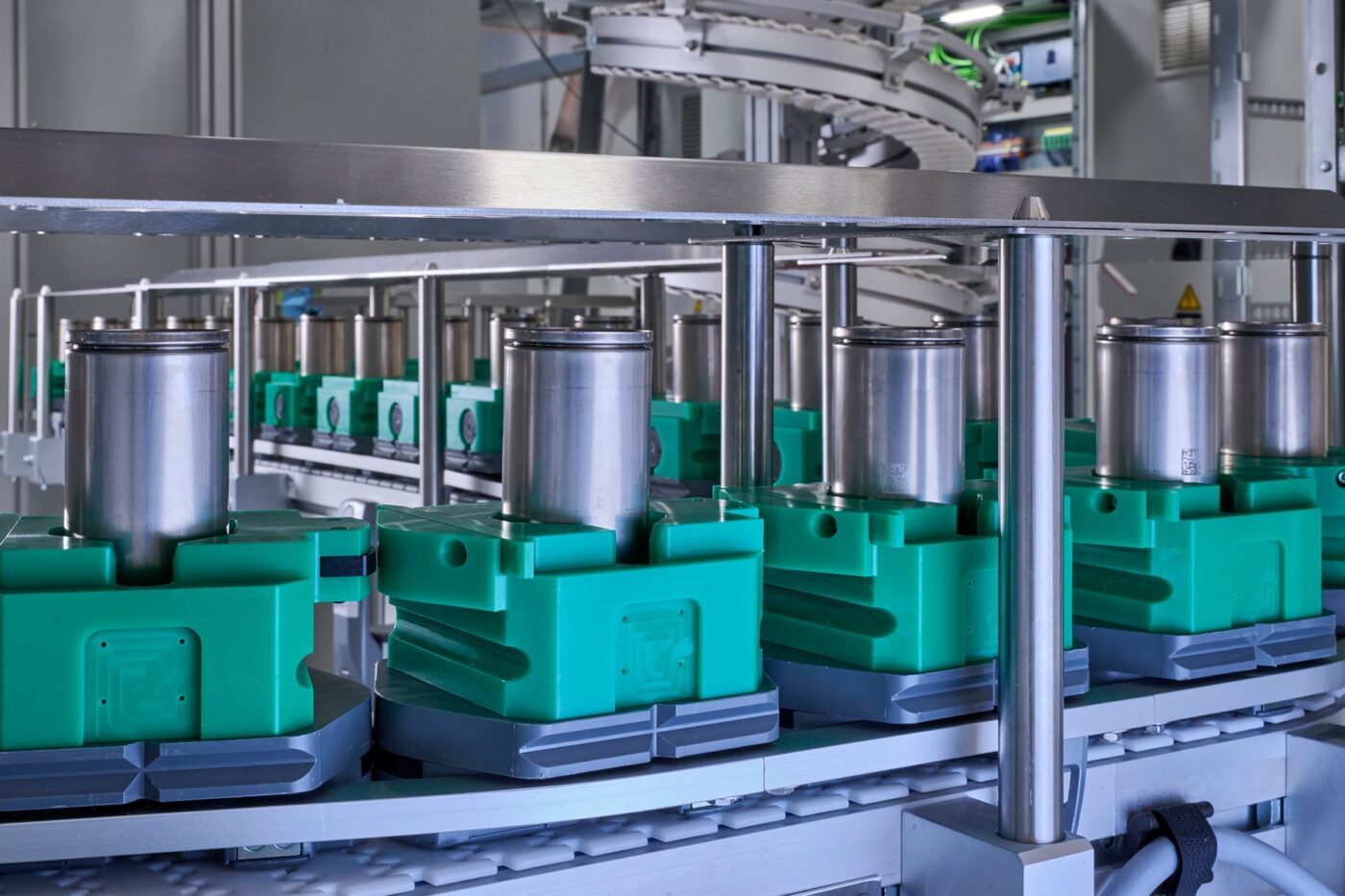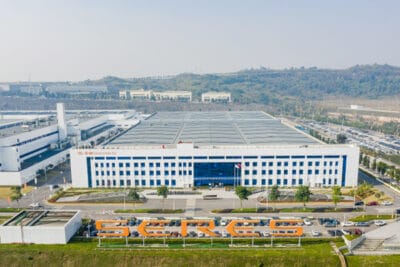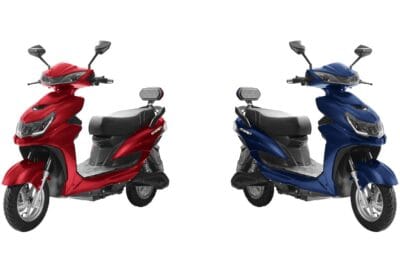No US subsidies for EU cars: the raw materials partnership stalemate continues
The meeting between the two sides took place as part of the Trade and Technology Council (TTC), a regular format for dialogue between Brussels and Washington. However, it was the last such meeting before the US presidential elections in November – and thus, according to government circles, the last chance before the election to open up the Inflation Reduction Act to the Europeans.
The US has added numerous protectionist rules to the Inflation Reduction Act (IRA) – especially against China. However, EU imports of EVs are also affected due to their place of production and the origin of the battery (including its materials). For electric cars to be fully eligible, 40 per cent of the critical minerals in the battery used must come from the US or a country with which Washington has a free trade agreement. To date, such a free trade agreement only exists with Canada and Mexico. The required share of critical minerals will increase to 80 per cent by 2027.
Brussels and Washington have yet to achieve a breakthrough in the negotiations. The joint final declaration of the TTC meeting only states that the intention is to continue with negotiations. A version from 26 March, available to the German Handelsblatt, still mentioned a “basic agreement.” The passage has been deleted without replacement, the business newspaper reports.
The background is a dispute over US subsidies for green technologies introduced in 2022 with the US government’s Inflation Reduction Act. At the time, the EU immediately criticised the law, saying that it was leading to an exodus of green technology companies to the US. It took countermeasures by relaxing its own regulations on subsidies. At the same time, Brussels has been trying to reach an agreement with the US.
In mid-March 2023, US President Joe Biden and EU Commission President Ursula von der Leyen first announced their intention to negotiate an agreement on critical minerals for EV batteries. A short time later, the US government presented a concept paper. In May 2023, it was reported that negotiations between the US and the EU on the planned raw materials partnership were taking longer than expected.
As the US daily newspaper Politico reported, citing insiders, there was disagreement about the formal structure of the agreement. While the US insisted on a binding pact, the EU was pushing for a more flexible agreement that would not require the time-consuming approval of its 27 member states. Behind closed doors, the EU is even said to have discussed whether the agreement was worthwhile at all. At another EU-US summit in October 2023, the two sides again failed to reach an agreement.
As a result of the raw materials partnership, electric vehicles from Europe would be eligible for at least part of the purchase bonus, namely 3,750 dollars. The extended bonus of up to 7,500 dollars is only available if the vehicles are intended for commercial use (including leased vehicles). That is a loophole that the Biden administration created at the beginning of 2023 as a concession for Europe’s car manufacturers. The Handelsblatt writes, citing government circles, that this backdoor means that part of the purchase premium applies to around 50 to 60 per cent of EVs imported from Germany. In all other cases, however, EVs from German manufacturers will only receive money from the US government if they are built in the US.
Incidentally, instead of a raw materials partnership, representatives of the EU and the US government established a new working group called the “Minerals Security Partnership Forum” at their meeting.
handelsblatt.com (in German), reuters.com, whitehouse.gov





0 Comments